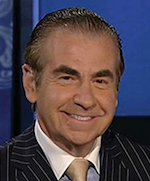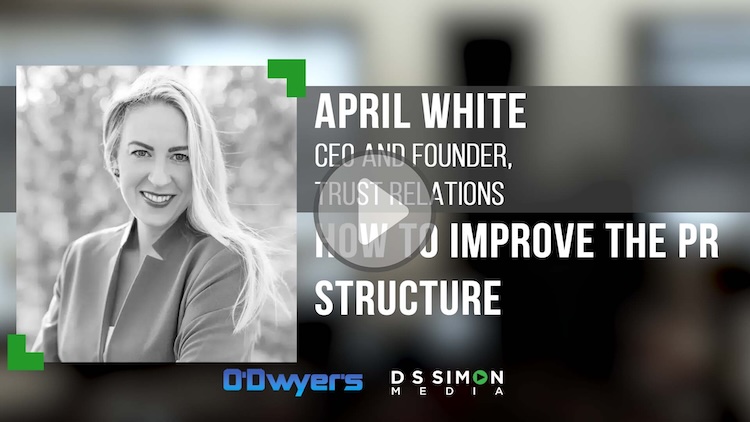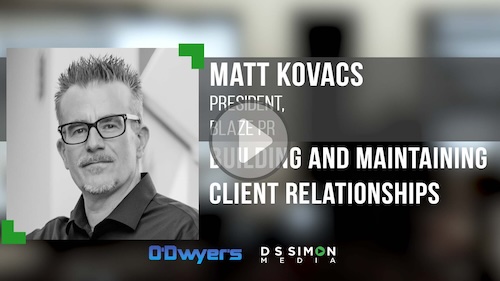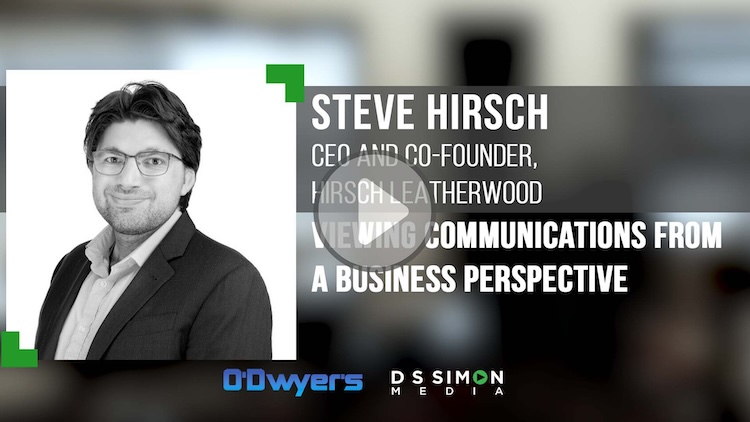 Fraser Seitel |
Public relations professionals, college professors and social justice advocates of every stripe have universally commended the management of Starbucks for its fast and decisive action after two African Americans were arrested at a store in Philadelphia.
To be sure, the situation, whose viral video quickly elevated the incident into a national crisis, demanded the kind of speedy action that Starbucks took, but I wouldn’t be so fast in hoisting the celebratory Mocha Cookie Crumble Frappuccino.
Starbucks’ spur-of-the-moment decision to acquiesce completely to mob demands may likely backfire on the company, its employees and shareholders.
First, a review of the situation. Two 23-year-old African-American men at Starbucks, waiting for another man to discuss “real estate opportunities,” asked to use the restroom.
The store manager replied that restrooms were for paying customers only, and if the men bought something — perhaps a cup of coffee — they could use the facilities. The men refused and sat down at a table.
Shortly thereafter, the manager called the Philly cops, who arrived, handcuffed the men and led them out of the store.
Second, prejudice on the basis of race or sex or religion or whatever is always wrong. So, if these two were arrested because they were black, then they were clearly discriminated against and those responsible should apologize and attempt to undo the wrong that was committed.
Third, the immediate condemnation of the incident by Starbucks new CEO Kevin Johnson was the right thing to do. The arrest of the two African-American men was wrong. Handcuffing them was even worse. And they deserved, as CEO Johnson said, an apology from all concerned because racial profiling and discrimination are always wrong.
But fourth, when Johnson and Starbucks founder Howard Schultz rushed to blame the entire thing on the company in general and the Philadelphia store manager in particular, they set the company up for a raging, long-lasting public relations disaster.
Here’s what they did wrong.
Starbucks rushed to judgment
Johnson followed up his statement of condemnation by rushing cross-country from Starbucks’ Seattle headquarters to Philadelphia to apologize personally to the two men.
In so doing, he was tacitly admitting the company’s — and the manager’s — guilt.
But wait a minute: all the manager did was call the local police, fearing a potential disruption. It was the cops who quickly decided to snap the handcuffs on the presumed perpetrators. As one of the men put it, as soon as the police arrived, “they just said you have to leave.”
In other words, it was the Philadelphia police, not Starbucks local management, that aggravated the situation. The next day, the Philadelphia police chief publicly apologized for the uncalled-for action taken by his subordinates.
But since the Starbucks CEO was so quick to assume blame, most observers followed suit and blamed the company rather than the real culprits, the Philadelphia police.
Starbucks abandoned its employees instead of facing up to its management policy failure
The only casualty in the crisis — beyond Starbucks’ reputation — was the manager of the store who sought police assistance. The poor woman who made the decision, according to Starbucks, “no longer works at the company.”
She was tossed overboard in an immediate gesture to calm the gathering mob of racial activists and local protestors descending on the Philadelphia store.
But what did the woman do wrong?
Starbucks’ policy on loitering without buying anything is notoriously inconsistent. Some stores encourage students and others to “hang,” as a safe place to relax. Other stores are more rigorous in their insistence that the precious few tables — not to mention the coveted restrooms — be occupied only by paying customers.
So, this poor manager was properly confused, because Starbucks’ management has never dictated consistent policy. Rather than acknowledging its failures, management chose to behead its manager as a convenient scapegoat.
The message for a future Starbucks’ manager faced with a similar situation is clear: management won’t have your back. That can’t be good for employee relations.
Starbucks caved to the rabble-rousers, thus costing its owners
As BlackLivesMatter activists and #Boycott Starbucks hashtaggers gathered momentum from the sudden crisis, Starbucks’ management panicked.
To stem the onslaught, the company announced a national day of racial training for all 8,000 Starbucks stores across the U.S. On May 29, Starbucks will close all stores and deliver racial sensitivity training to all 175,000 workers.
Rarely in the annals of American corporate culture has a dumber idea been hatched; it’s even dopier than Starbucks’ ill-fated 2015 “Race Together” campaign to “start a dialogue about race.”
While most acknowledged that one day of sensitivity training likely wouldn’t do much to leave a lasting impression on anybody, the real tragedy of the one-day closing was perpetrated on Starbucks’ shareholders.
The cost of the transparent Hail Mary publicity attempt in lost Starbucks’ revenues: $12 million.
The message to investors contemplating an investment in such a weak-backboned company: beware.
Starbucks invited schemers
While CEO Johnson’s well-meaning but costly attempts to smooth the situation were costly enough, it was left to the company’s perpetually do-gooding founder Howard Schultz, creator of the “Race Together” fiasco, to deliver the final counterproductive coup de grace.
These two men, Schultz explained told CBS, deserved to be listened to. And he vowed that Starbucks would try to work with them, perhaps on real estate opportunities or even as company franchisees.
In other words, because law enforcement screwed up after a Starbucks manager sought help in reconciling confusing management policy, Howie Schultz was opening the company’s coffers to anybody who might air a similar grievance.
One could only imagine the rush to Starbucks of every gold-seeking con man eager to take advantage of the world’s squishiest management.
The bet here is that once the universal admiration dies down, Starbucks’ knee-jerk, public relations response to its racial crisis will be assessed for what is was: a failure for its employees, its stockholders and the company itself.
***
Fraser P. Seitel has been a communications consultant, author and teacher for 40 years. He may be reached directly at [email protected]. He is author of the Pearson text “The Practice of Public Relations,” now in its 13th edition, and co-author of “Rethinking Reputation" and "Idea Wise.”










 Have a comment? Send it to
Have a comment? Send it to 
No comments have been submitted for this story yet.